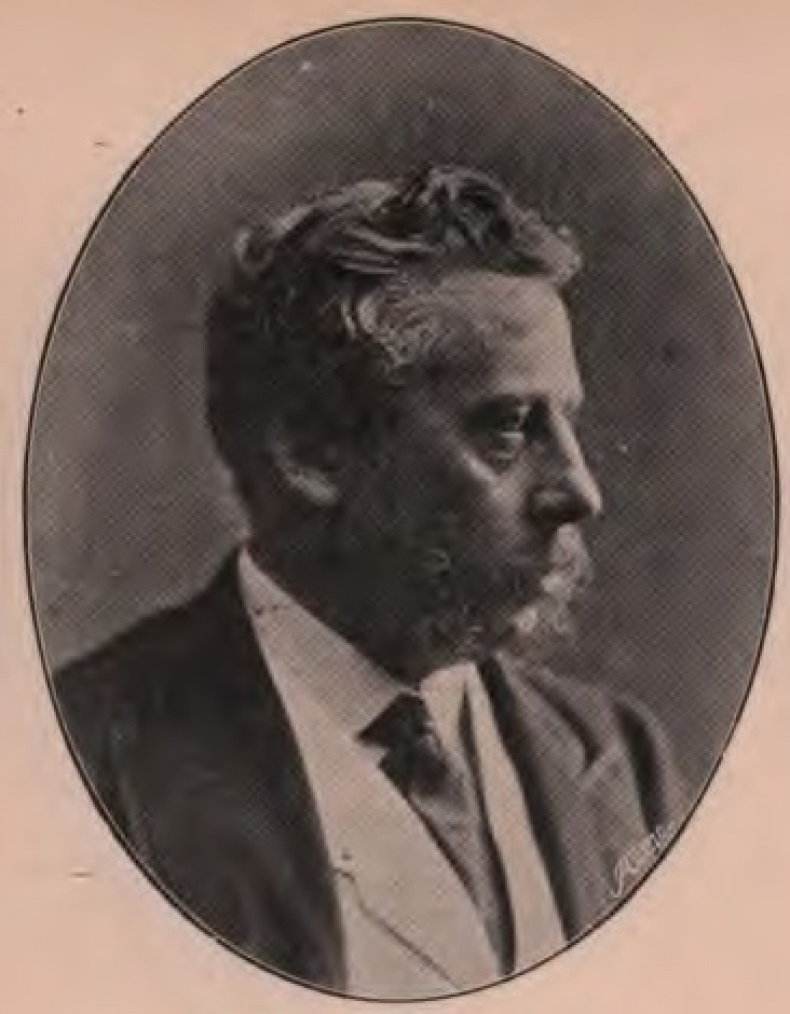
Pease, Sir Joseph Whitwell, 1st Baronet
1828 – 1903
Industrialist & banker
Pease was the son of Joseph Pease (1799-1872) and his wife Emma Gurney, daughter of the Quaker banker Joseph Gurney of Lakenham Grove, Norwich. His father was a Quaker industrialist and railway pioneer. Pease was educated at Bootham School in York.
As a result of his family affiliations, Pease was the director and part owner or partner in a great many businesses. These included the wool and cotton mill manufacturer, Henry Pease & Co., the family bank, J & JW Pease, the Middlesbrough Estate, the locomotive manufacturer Robert Stephenson and Co., and the North Eastern Railway, of which he became chairman. These businesses generated very significant wealth for the family.
Joseph was a JP, President of the Society for the Suppression of the Opium Trade and a prominent campaigner against capital punishment. At the 1885 general election, he was elected MP for Barnard Castle, which he held until his death in 1903. On the 18th of May 1882, Prime Minister Gladstone created him a baronet. No Quaker had previously been offered or accepted such a distinction.
In 1881 he gifted Benwell Towers to the newly created Diocese of Newcastle. It became the residence of the Bishop of Newcastle. In the late 20th century it operated as a pub called “The Mitre public house and restaurant” before being used by the BBC as the setting for the children TV series Byker Grove. In recent years its owner let it fall into disrepair and it is now an Islamic School, part of the Bahr Academy.
The Pease family sought to spread its values through philanthropy. Being Quakers they adhered strongly to the avoidance of luxuries and of overindulgence. The family gave heavily to the Society for the Suppression of the Opium Trade, which they saw as damaging families and communities at home and abroad. In 1885, Joseph’s father Edward built Crown Street Library in Darlington, which in recent times has been threatened with closure as a cost-saving measure. The £10,000 gift which was made to build the library is the equivalent of over £1m pounds in today’s money.
Joseph, like his father, devoted his early years to accumulating wealth, only to spend his later years spending it on good causes. For the 19th century, Quakers “philanthropy was almost a heredity duty” (Harding 1988, p. 41).
References
Fell-Smith, C. & Kirby, M.W. (2004). Pease, Sir Joseph Whitwell, first baronet (1828–1903), industrialist and banker, Oxford Dictionary of National Biography, Available here (Accessed: 07/06/2018).
Harding, G. (1988). Opiate Addiction Morality and Medicine: From Moral Weakness to Pathological Disease. Basingstoke: Macmillan Press.
Onwuemezi, N. (2018). DCMS investigating threatened Darlington library, The Bookseller, Available here (Accessed 7 June 2018).
Pease, A. E. (ed.) (1907). The Diaries of Edward Pease: The father of English railways. London: Headley Brothers.